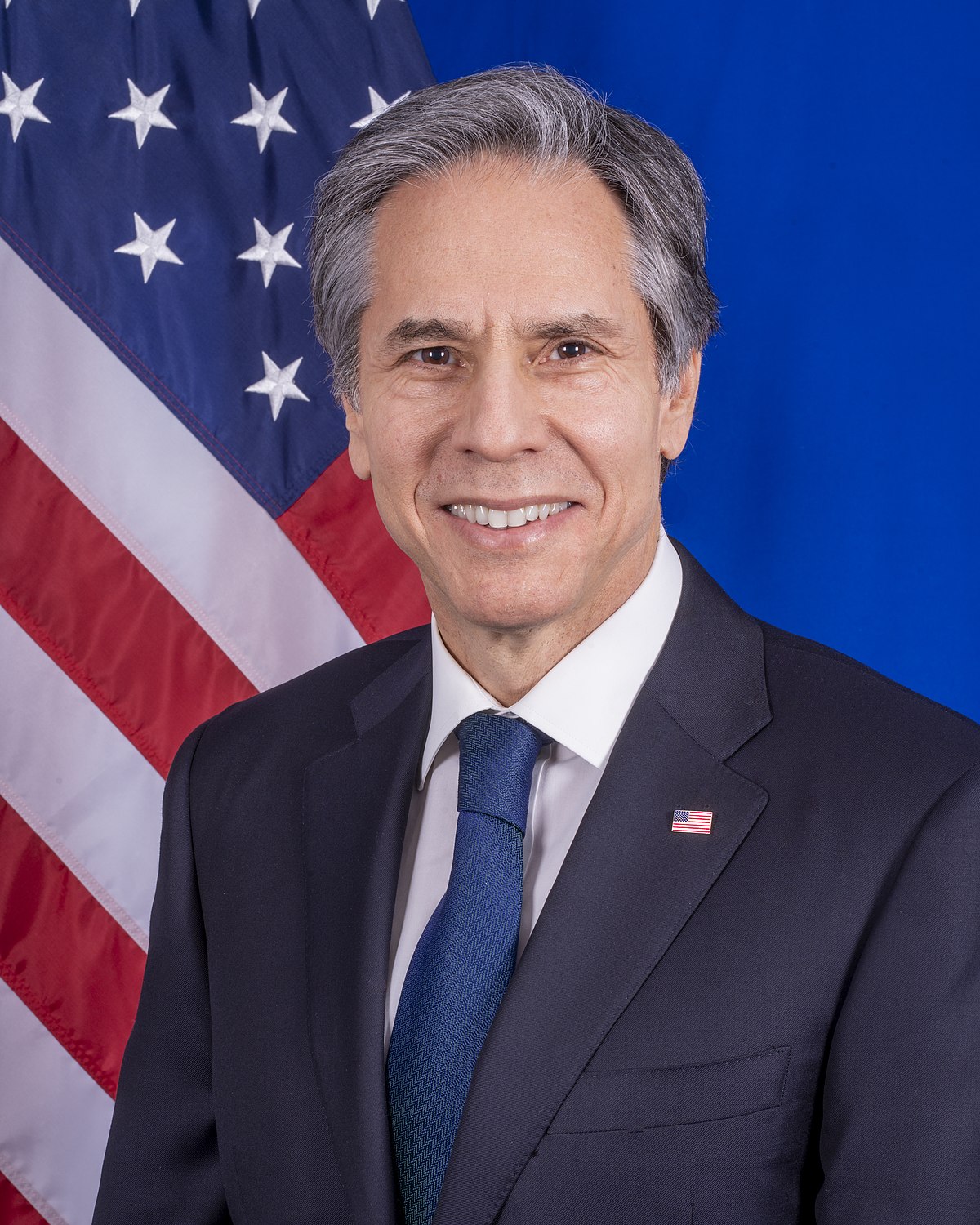In response to concerns over Uganda’s flawed 2021 presidential elections, U.S. Secretary of State Antony J. Blinken has announced an expansion of the visa restriction policy.
Originally aimed at individuals believed to be responsible for undermining the democratic process in Uganda, the policy now includes current or former Ugandan officials and others associated with suppressing marginalized or vulnerable populations.
Secretary Blinken initially introduced the visa restriction policy after the flawed 2021 elections, urging the Government of Uganda to address concerns related to flawed electoral processes, violence, and intimidation.
Today’s expansion broadens the scope to encompass individuals involved in policies or actions repressing marginalized or vulnerable populations. This includes, but is not limited to, environmental activists, human rights defenders, journalists, LGBTQI+ persons, and civil society organizers. Immediate family members of such individuals may also face these restrictions.
The United States stressed its commitment to the Ugandan people, emphasizing a shared dedication to advancing democracy, human rights, public health, and mutual prosperity.
Secretary Blinken encourages the Government of Uganda to take substantial measures to uphold democracy and safeguard human rights, fostering a sustained partnership between the two nations that has mutually benefited Americans and Ugandans over the decades.
This visa restriction policy is in accordance with Section 212(a)(3)(C) of the Immigration and Nationality Act and builds upon the measures approved by Secretary Blinken in 2021.
The United States continues to monitor developments in Uganda, emphasizing the importance of democratic values and human rights in the ongoing relationship between the two nations.
U.S. Unveils Visa Restriction Policy for Democracy Undermining in Zimbabwe
Antony J. Blinken has also announced a new visa restriction policy targeting individuals believed to be responsible for, or complicit in, undermining democracy in Zimbabwe. This policy, operating under Section 212(a)(3)(C) of the Immigration and Nationality Act, focuses on a range of actions detrimental to democratic processes.
Under the new policy, the United States will pursue visa restrictions for those involved in manipulating or rigging the electoral process, disenfranchising voters, excluding political opposition members from electoral processes, and limiting the operations of civil society organizations (CSOs) engaged in democratic, governance, or human rights activities. Actions such as voter intimidation, threats or acts of physical violence against election observers, voters, or CSOs, along with engaging in corrupt acts like bribery, will also be subject to restrictions.
The policy aims to hold individuals accountable for interfering with the independent operation of the judiciary during its adjudication of electoral cases and for violating human rights in Zimbabwe. Family members of those implicated in such acts may also face visa restrictions. The U.S. visa restrictions will apply to individuals who undermine the democratic process in Zimbabwe, encompassing activities in the lead-up to, during, and following the August 2023 elections.
Secretary Blinken clarified that the visa restriction policy is directed at specific individuals and not the Zimbabwean people as a whole. The United States expresses support for the aspirations of Zimbabweans to have free and fair elections that genuinely reflect the will of the people, strengthening democracy, the rule of law, and the protection of human rights.



